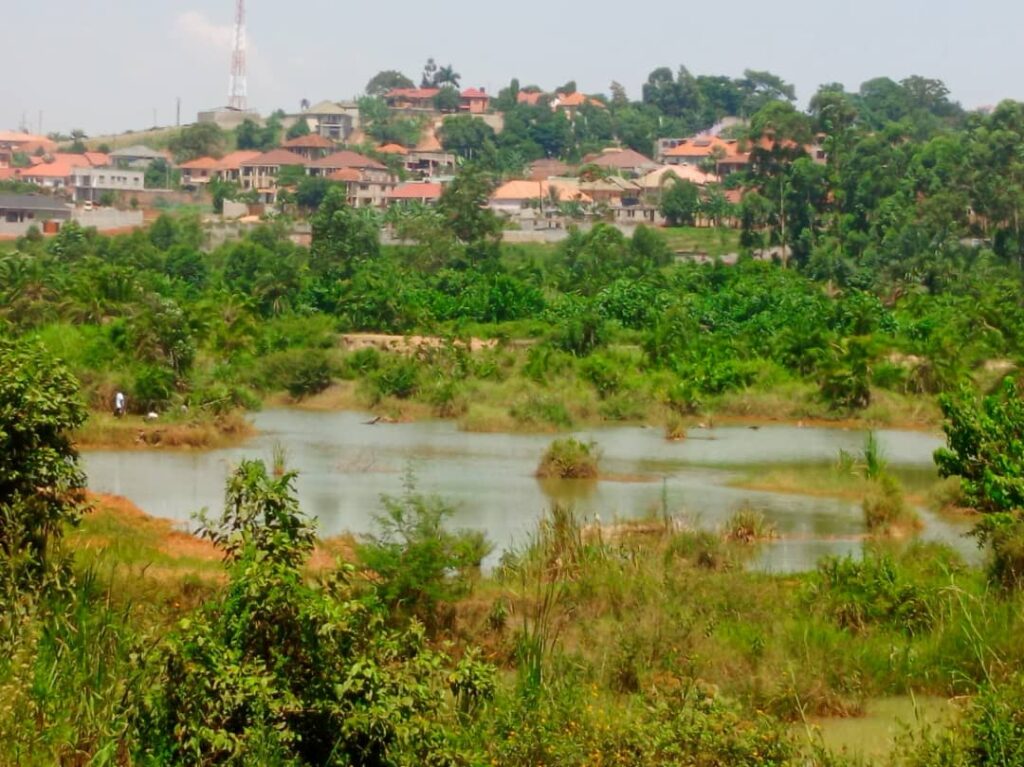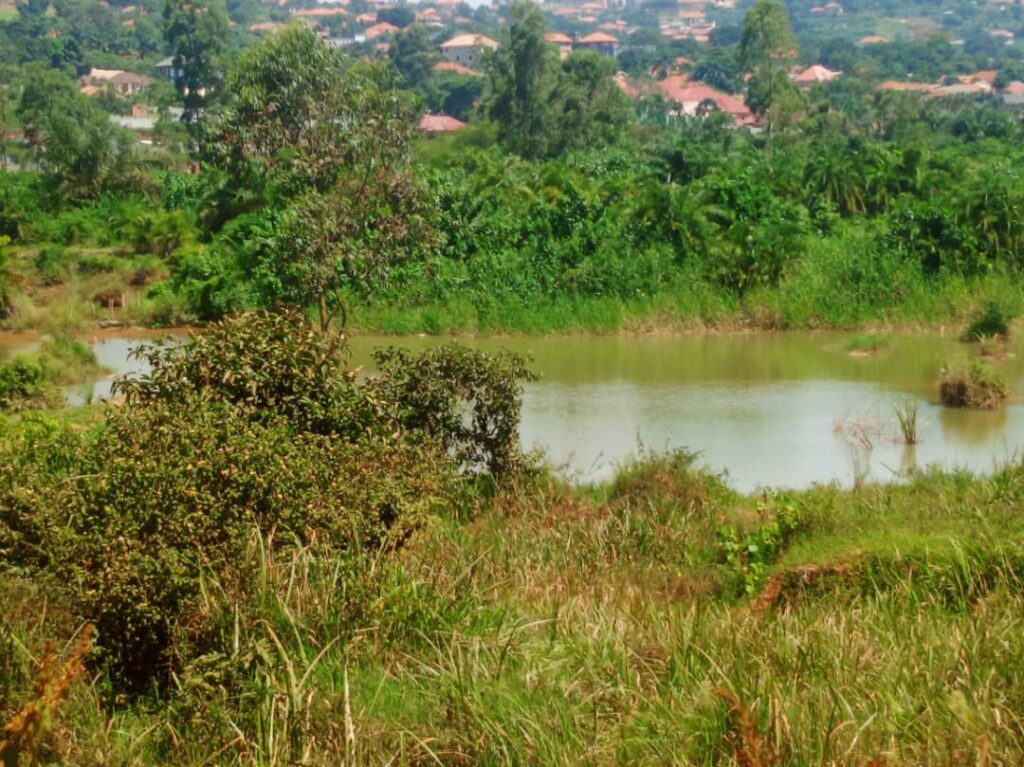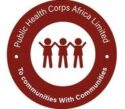Welcome to Public Health Corps Africa(PHCA).
We excel in Public Health, Research, and Advocacy. We are committed to improving community health through innovative solutions and evidence-based practices.
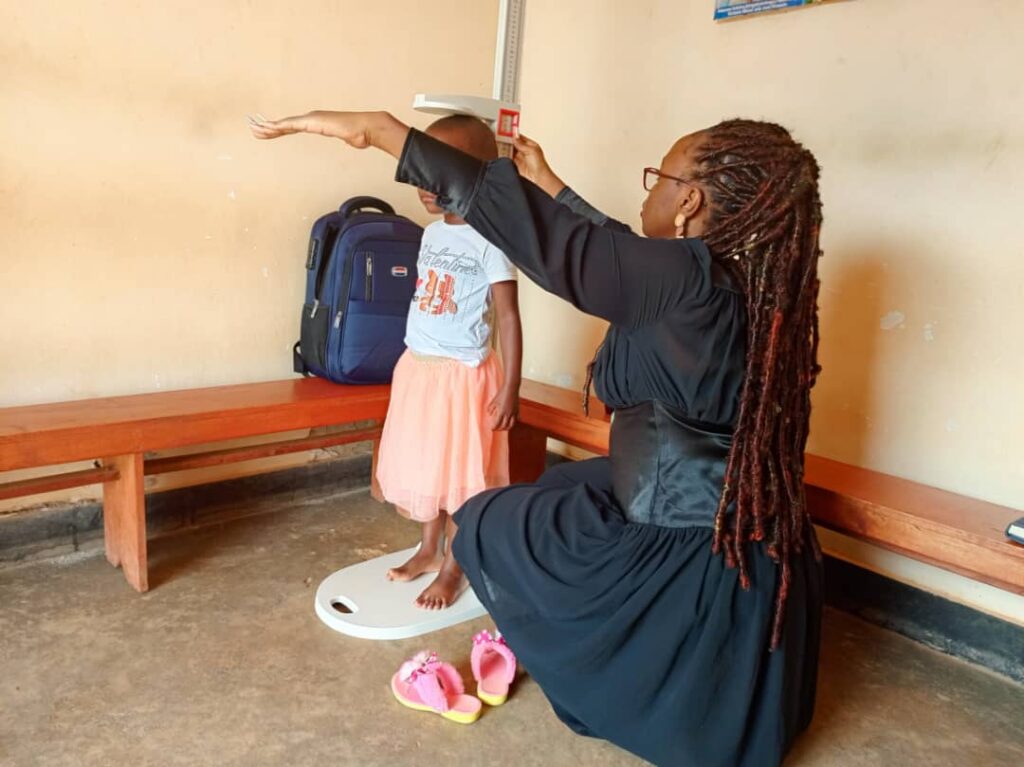
Social Determinants of Health: We deal the Hidden Factors Shaping Well-being
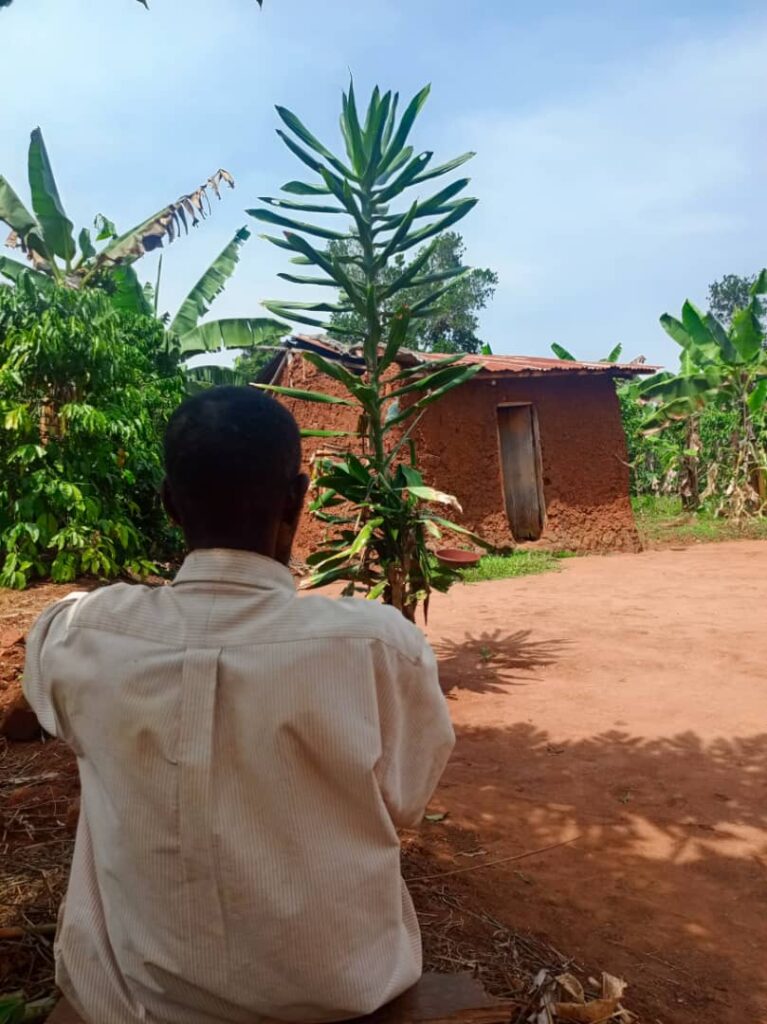
Our work extends to the following;
- Economic Stability
- Education Access and Quality
- Healthcare Access and Quality
- Neighborhood and Built Environment
- Social and Community Context
How Social Determinants Impact Health
- People living in poverty are more likely to experience chronic illnesses like hypertension and diabetes.
- Limited access to quality education results in fewer opportunities for stable employment and good healthcare.
- Unsafe housing and poor sanitation contribute to the spread of infectious diseases
Public Health Corps Africa’s Approach
At PHCA, we implement community-driven solutions to address these challenges.
At Public Health Corps Africa (PHCA), we recognize that health is not just about access to medical care but is deeply influenced by social and economic conditions.
Get Involved
Join us in making a difference! Whether you are a health professional, policymaker, researcher, or donor, there are many ways to support our mission. Together, we can build healthier communities.
We have Experience in extending Public Health services including advocacy to people in the community.
Public Health Corps Africa (PHCA) has garnered extensive experience in delivering individualized public health services across Uganda. This approach ensures that health interventions are tailored to meet the specific needs of individuals, thereby maximizing impact and fostering sustainable health improvements.
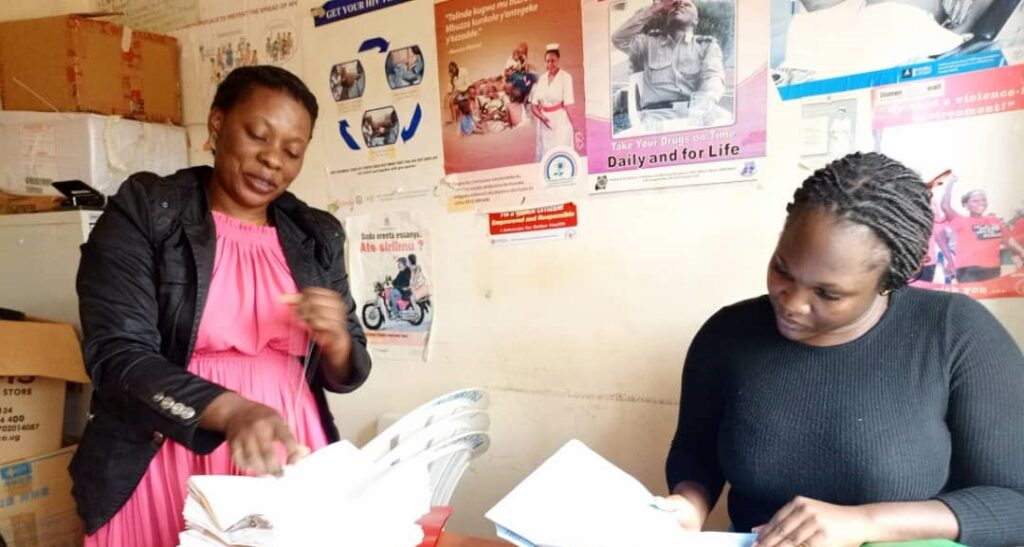
What we Offer For Good Health?
We Promote, Prevent, and Protect Health
At Public Health Corps Africa, we are deeply committed to improving the quality of life in our communities through evidence-based interventions. Our programs are informed by the latest research from leading organizations in the field of public health, ensuring that our initiatives are both scientifically sound and highly effective. By integrating cutting-edge research findings into our strategies, we are able to address the most pressing health challenges with precision and impact. Our approach not only enhances the well-being of individuals but also fosters healthier, more resilient communities. We believe that by leveraging the power of research, we can make a meaningful and lasting difference in the lives of those we serve.
To Communities, With Communities
Nakigalala represents the vibrant, resilient spirit of Uganda’s communities. Here, we see the impact of our work firsthand – whether through health camps, youth engagement initiatives, or support groups. Every project, every partnership, and every solution is driven by collaboration with local leaders and families.
We believe in working with communities to uplift communities. Together, we shape healthier futures, one village at a time.
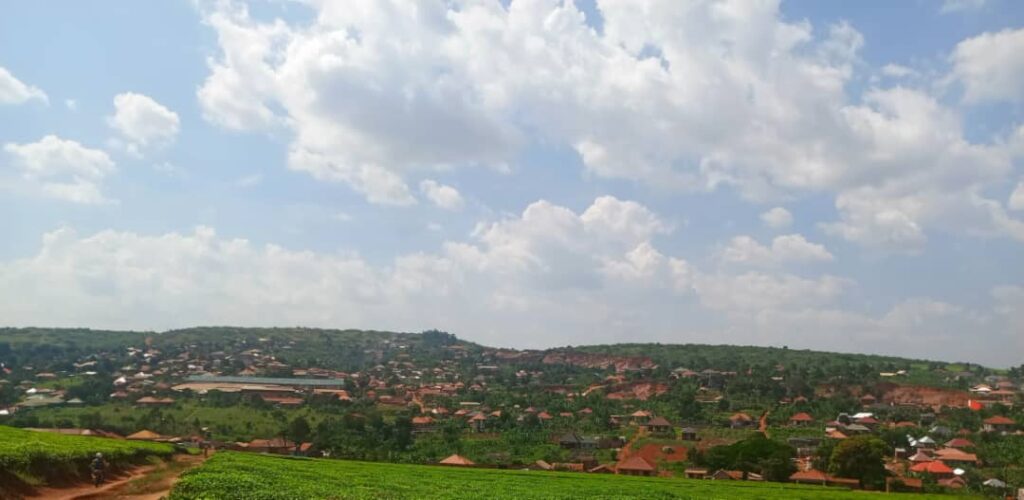
From Fields to Markets – Nakigalala’s Economic Backbone
The Changing Landscape of Nakigalala’s Economy
For years, the people of Nakigalala have relied on stone quarries as a primary source of income. Families have worked tirelessly, shaping livelihoods from the land, with stone quarrying becoming deeply woven into the fabric of the community’s economic life. These quarries not only provided employment but also supported household needs, education, and local trade.
However, as time has passed, the health risks associated with quarrying have become more evident. Respiratory diseases, physical injuries, and long-term health complications have taken a toll on workers and their families. In alignment with public health principles of disease prevention, health promotion, and environmental safety, the gradual closure of these quarries marks an essential step toward safeguarding community well-being.
Yet, this transition has left many households without a stable source of income, amplifying economic uncertainty. The closure reflects a delicate balance between economic sustainability and public health priorities – a challenge faced by many communities striving to protect livelihoods while addressing health risks.
At Public Health Corps Africa (PHCA), we recognize the importance of supporting communities like Nakigalala through this shift. By promoting alternative income-generating activities, health education, and skill development, we aim to help families adapt and thrive in safer, healthier environments.
This moment represents not just the end of an era but the beginning of new possibilities – an opportunity to build healthier futures grounded in economic resilience and public health awareness.

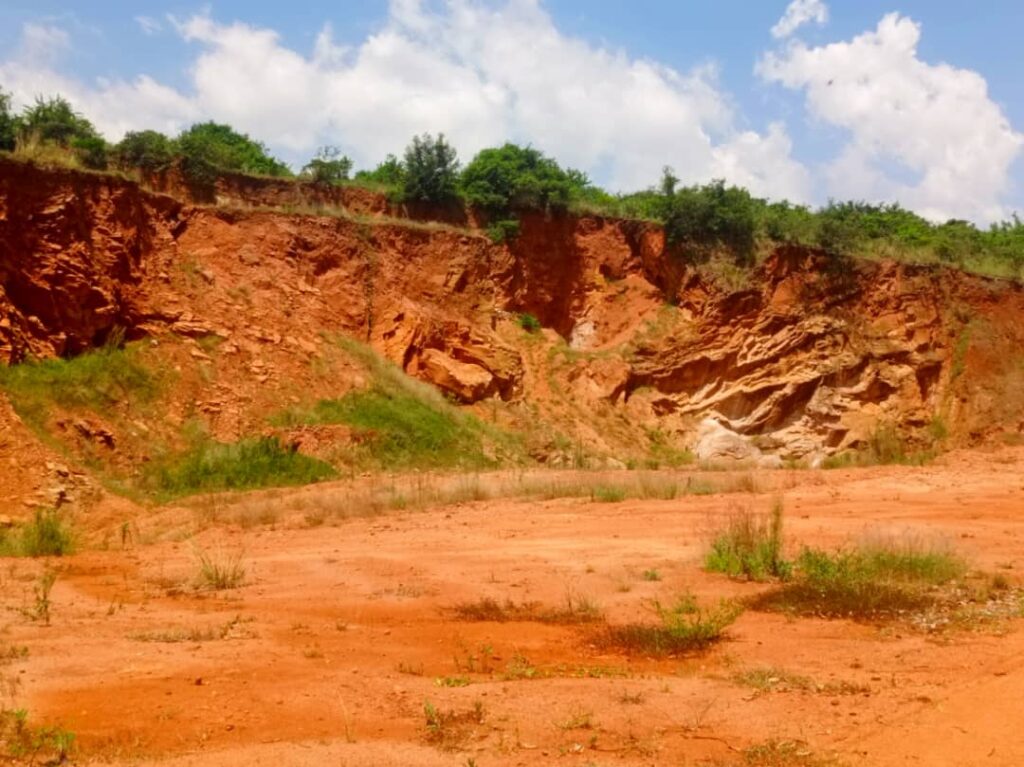
Nakigalala Tea Estate: A Pillar of Economic Stability
Amid the evolving economic landscape of Nakigalala, the Nakigalala Tea Estate stands as a vital source of livelihood for many local families. Stretching across lush green fields, the estate not only enhances the scenic beauty of the area but also plays a significant role in sustaining the community’s economy.
As stone quarrying diminishes due to health hazards, the tea estate remains a beacon of economic hope, fostering healthier, more sustainable livelihoods.
At PHCA, we recognize the estate’s importance in promoting community resilience and economic stability. By working alongside industries like the tea estate, we aim to develop public health programs that safeguard worker health and ensure that Nakigalala continues to thrive, rooted in sustainable and health-conscious economic activities.
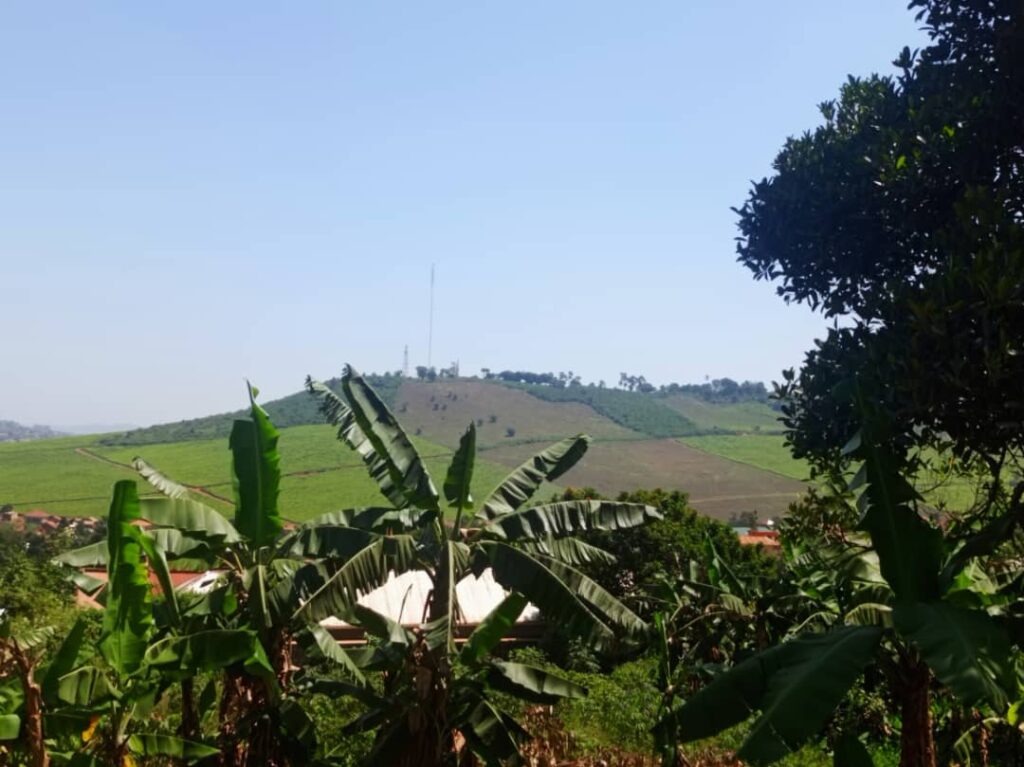
Waterborne Health Risks: A Challenge We Can Overcome
The community in Nakigalala faces a high risk of waterborne diseases, including malaria, due to open water bodies with untreated, contaminated water. PHCA’s presence is crucial in addressing these health hazards, promoting clean water access, and improving overall public health. We urge you to support our efforts in creating a healthier, safer environment for all.
